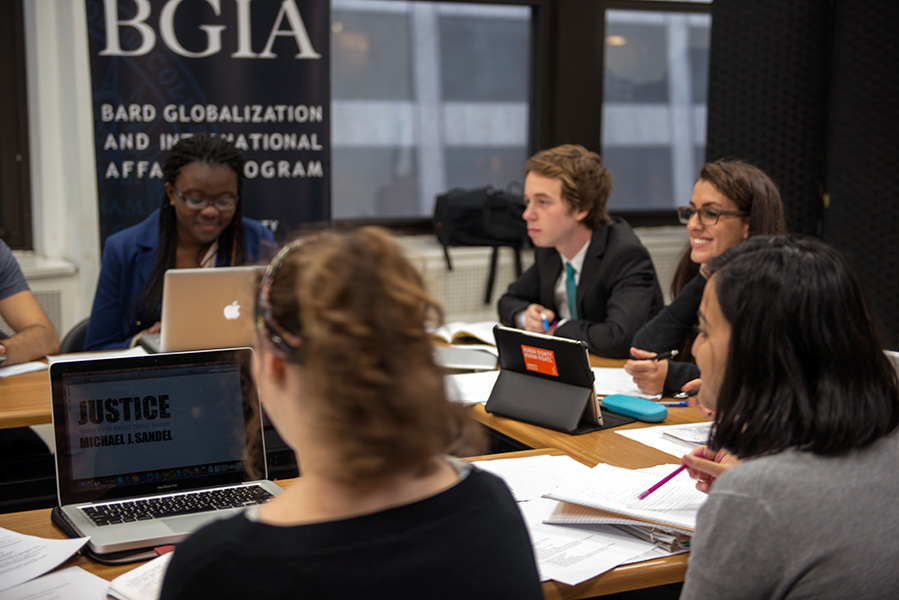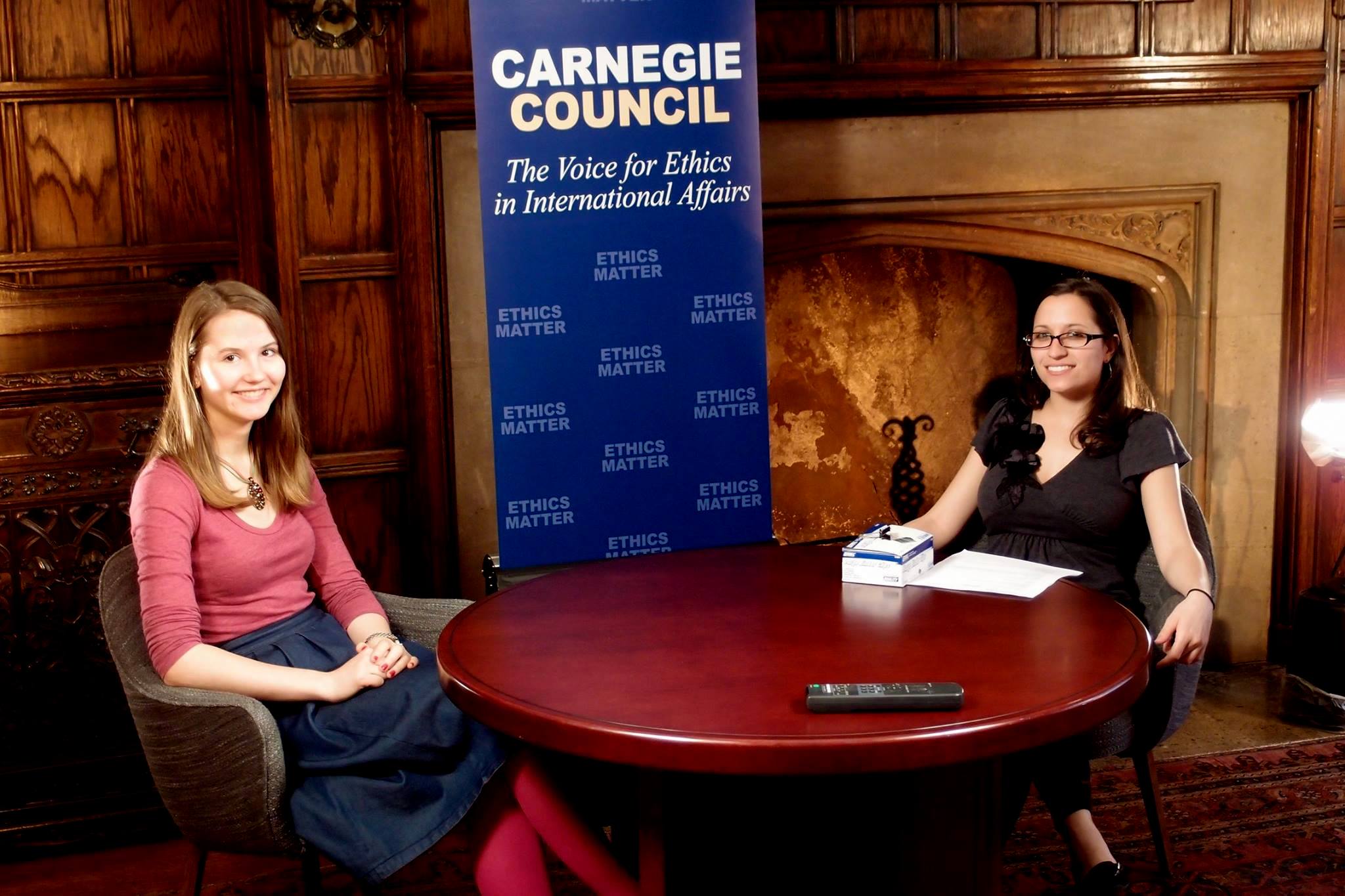What makes BGIA unique?

Intimate Teaching Environment

Foundational Internships

Discourse on Timely Issues
What's New
New Dorm in Brooklyn for Spring 2023
BGIA students live in a unique student residence and co-living community in the heart of Williamsburg, Brooklyn. Unlike most traditional dorm rooms, our student residents can discover a whole range of thoughtfully designed shared spaces and have access to community building events and programming.
Join Our Mailing List
BGIA News
Bard Student Jackson Lopez ’24 Wins 2023 Hudson Political Studies Summer Fellowship and Hertog Fellowship in Security Studies
Jackson Lopez ’24, who is majoring in global and international studies with a focus on international relations, has been awarded the Hudson Political Studies Summer Fellowship and Hertog Fellowship in Security Studies in Washington, DC. During their six-week fellowship in the nation's capital, Hudson Political Studies Fellows take courses led by master teachers, policy workshops directed by field experts and experienced government officials, and a distinguished speaker series of exemplary figures from public life.
Opinion: “Turkey’s Erdogan Is in the Fight of His Political Life” Writes Elmira Bayrasli for CNN
Turkey’s 2023 presidential election, held on Sunday, was the hardest-fought race that President Recep Tayyip Erdogan has faced in decades and is now headed to a runoff between Erdogan and his challenger, Kemal Kilicdaroglu. For CNN, Elmira Bayrasli, director of the Bard Globalization and International Affairs Program in New York City, traces Erdogan’s rise to power, his more combative orientation towards the United States and Europe, and his close alliance with Putin. “Whether Erdogan wins or loses, Ankara is unlikely to untangle itself from Moscow and turn back to the West,” she posits.
Professor Walter Russell Mead on the Peril of Ignoring the Middle East
“The Biden administration faces a real dilemma,” writes Professor Walter Russell Mead in the Wall Street Journal. “Feeling overstretched against Russian aggression in Ukraine and Chinese ambition in the Indo-Pacific, the White House wants to minimize its exposure to the Middle East. Yet the region is too important to ignore—and the more the U.S. withdraws, the more influence it sheds. As America becomes less relevant, regional actors feel free to make more decisions that Washington dislikes, effectively undermining U.S. influence around the globe.” Walter Russell Mead is the James Clarke Chace Professor of Foreign Affairs and the Humanities at Bard College.